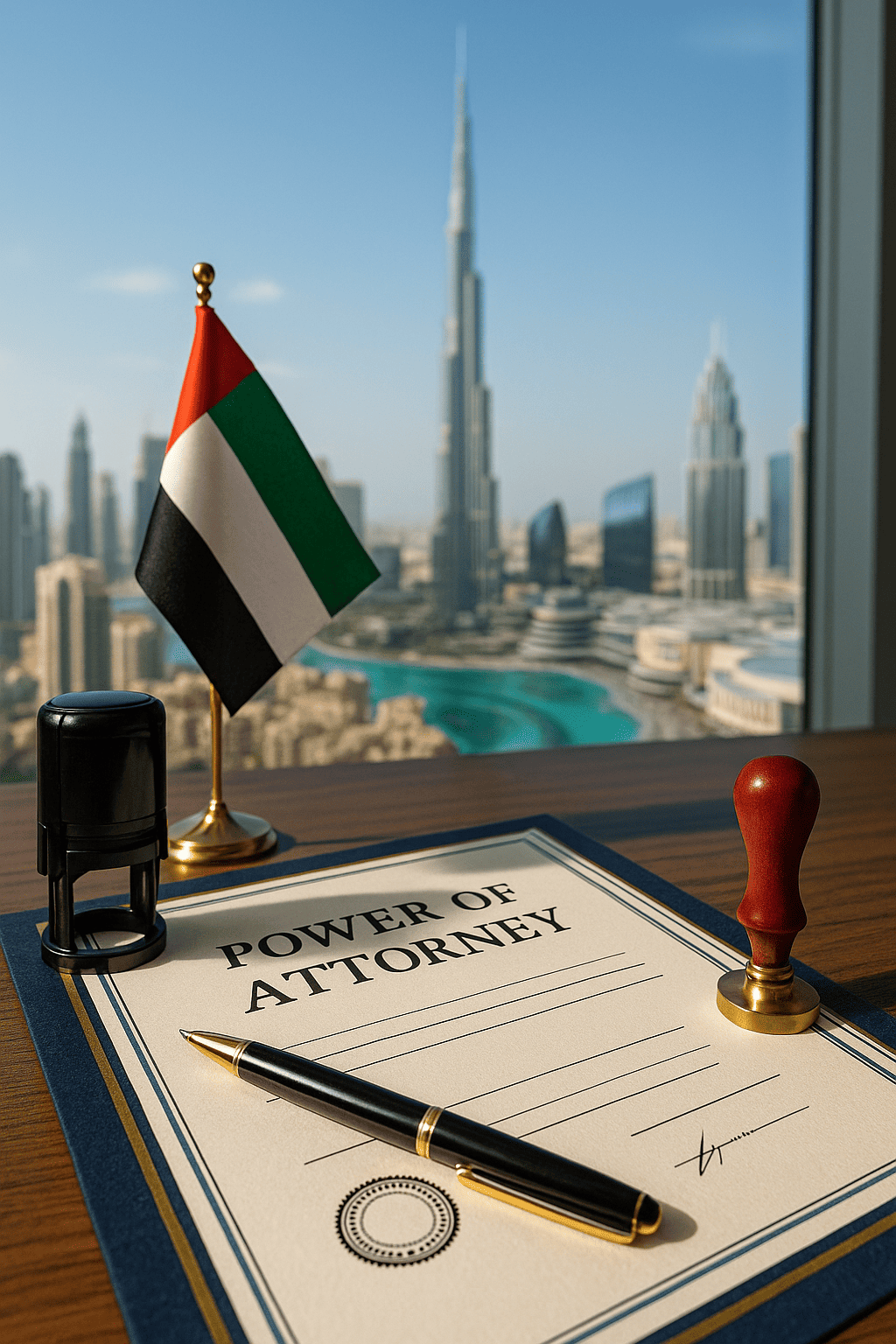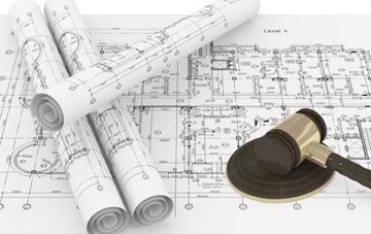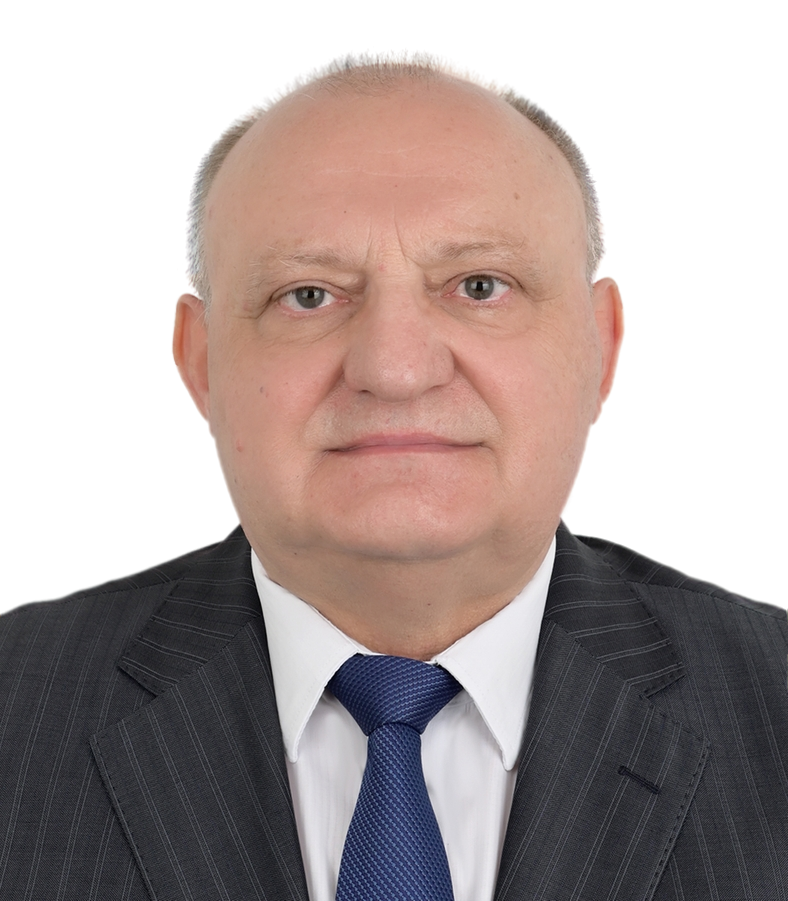
Notarizing a Power of Attorney (POA) in Dubai is an important step for anyone who needs to give another person the legal right to represent them. Whether it’s for personal matters, business deals, or property transactions, here’s a practical explanation of the process, updated with current translation requirements.
A Power of Attorney is a legal document in which one person (the principal) authorizes another (the agent) to act on their behalf. It can be broad, giving general powers, or narrow, limited to one specific task.
Types of POA in Dubai:
- General POA — grants wide powers, such as managing property, finances, or multiple business affairs.
- Special POA — limited to a single purpose, such as selling a car or handling one court case.
Step-by-Step Process
- Draft the POA — include the principal’s and agent’s details, list of powers, and validity period.
- Check translation rules — many notaries accept documents in English, but courts and some authorities may still require Arabic translations done by licensed professionals.
- Gather documents — passport copies, Emirates ID (if available), visa, and any papers connected to the matter at hand.
- Go to the Notary Public — submit your draft and all required documents for verification.
- Sign before the notary — signatures must be made in person to ensure authenticity.
- Pay fees — the amount depends on the type of POA and the services required.
- Keep notarized copies — give them to the agent and institutions where the POA will be used.
Helpful Tips
- Ask the notary in advance whether Arabic translation is necessary.
- Ensure names, dates, and passport numbers are accurate — mistakes may cause delays.
- Use only certified translators if translation is required.
Notarization gives the document legal weight. Without it, many organizations — especially government bodies and banks — will refuse to accept the POA.
































